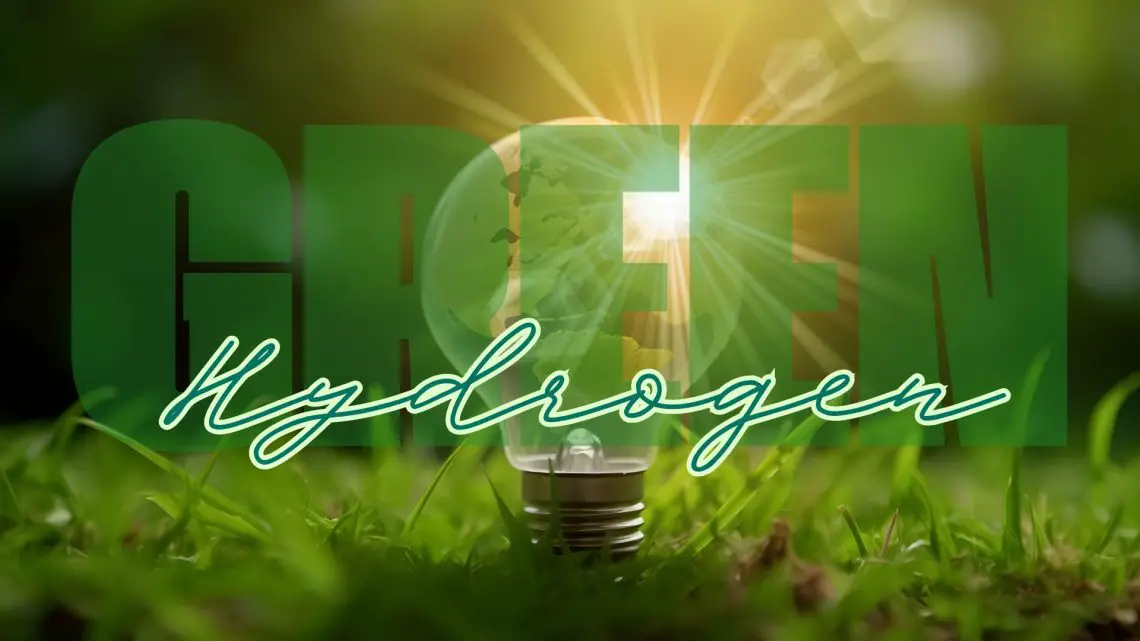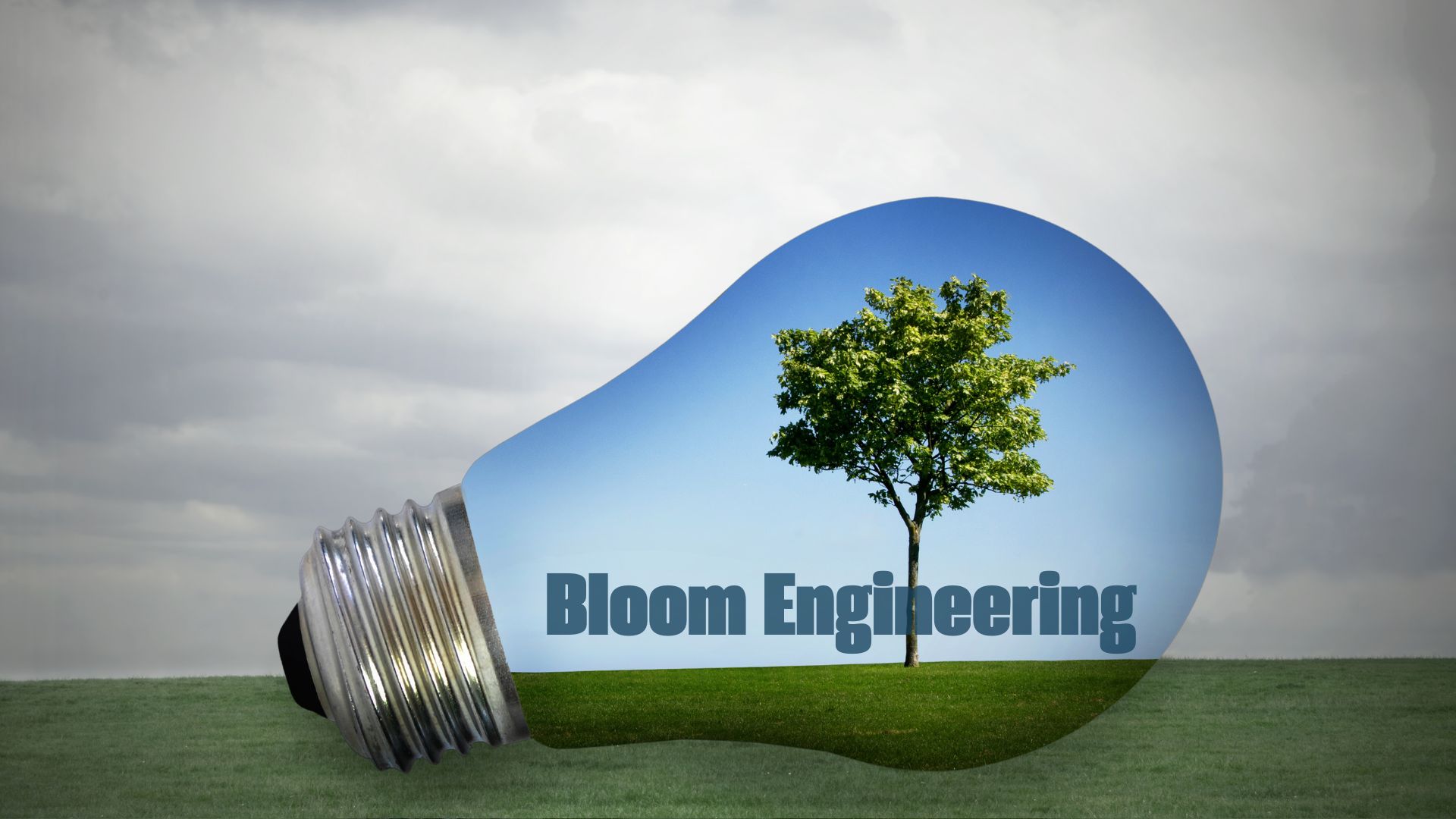
Wabtec’s Acquisition of Bloom Engineering Strengthens Hydrogen Technology Potential
December 31, 2024Wabtec Corporation, a global leader in freight and transit rail technology, is dedicated to revolutionizing transportation with sustainable solutions. Known for its advanced locomotives, digital systems, and decarbonization efforts, Wabtec’s recent acquisition of Bloom Engineering marks a key moment in its strategy to expand capabilities in industrial heating and energy systems. This $69 million deal not only strengthens Wabtec’s existing portfolio but also bolsters its potential in hydrogen technology, further aligning with its commitment to reducing emissions and driving sustainable transport innovations.
Advancing Hydrogen Combustion Systems with Bloom Engineering
Bloom Engineering has a long-standing reputation in developing combustion systems that deliver high temperature, high efficiency, and reduced NOx emissions. One of its standout features is its expertise in hydrogen applications, integrating this clean-burning fuel into industrial heating systems. Bloom’s custom-engineered burners support a range of gaseous fuels, including hydrogen, reflecting its commitment to driving the energy transition within industrial applications.
This complements Wabtec’s broader initiative to pioneer hydrogen technologies, making the acquisition particularly relevant. By combining forces, Wabtec and Bloom Engineering are positioned to deliver scalable, efficient hydrogen combustion systems that support industries aiming to switch to low-emission energy sources.
Hydrogen Fuel Cells Propel Wabtec Locomotives Forward
Wabtec has been actively advancing hydrogen as a key element in decarbonizing transportation. One of the company’s most significant hydrogen initiatives is its collaboration with General Motors on HYDROTEC hydrogen fuel cells. Together, the companies aim to integrate GM’s Ultium battery and HYDROTEC fuel cell technologies into Wabtec’s next-generation locomotives.
These innovative systems enable trains to operate with zero emissions by using hydrogen to generate clean electricity for propulsion. Hydrogen fuel cell trains are particularly appealing for railway corridors lacking electrification, offering a sustainable alternative that does not require expensive infrastructure upgrades.
Wabtec and GM are tapping into the potential of this collaboration to accelerate hydrogen adoption in freight rail systems. This partnership is bolstered by Wabtec’s focus on remanufacturing existing locomotives to integrate hydrogen systems, speeding up the transition to cleaner transportation solutions.
First Hydrogen Combustion Breakthroughs
This year marked an exciting breakthrough for Wabtec engineers, who achieved “first fire” of a hydrogen-powered internal combustion engine. By successfully introducing hydrogen into a dual-fuel full-scale locomotive engine, the company demonstrated the viability of hydrogen in internal combustion settings. This advancement highlights Wabtec’s multi-pronged approach to hydrogen, incorporating both fuel cell systems and internal combustion technologies to expand the applicability of clean energy solutions.
Wabtec’s hydrogen-powered engines can offer faster deployment in heavy-duty locomotive sectors while the infrastructure for hydrogen production and distribution continues to evolve. Paired with its work on fuel cells, Wabtec positions itself to meet the diverse needs of the freight industry.
Fast Fuel, Long Distance: The Case for Hydrogen in Rail
Hydrogen offers immense promise in reducing greenhouse gas emissions across multiple industries. For rail, specifically, hydrogen-powered technologies could reduce global transit emissions significantly, as rail transport accounts for about 10% of worldwide freight emissions. Unlike battery-electric solutions, hydrogen allows for rapid refueling and extended operating ranges, making it highly practical for long-distance freight transport.
The $48.4 million grant Wabtec recently secured for hydrogen locomotive development signals the urgency and support for hydrogen advancement. Timelines for these developments suggest that hydrogen-powered prototypes could begin operations by 2026, with broader deployment expected in the years that follow. This aligns with hydrogen infrastructure growth predicted for the next decade, which will likely decrease fuel production costs and improve accessibility.
Applying the Hydrogen Technology Today
Though the full transformation to hydrogen-powered systems may take time, there are already practical ways to harness hydrogen-related advancements. For industrial sectors, Bloom Engineering’s hydrogen-compatible burners can be integrated into existing furnace and heating systems to immediately reduce CO2 and NOx emissions while boosting efficiency.
For railroads and heavy transportation, retrofitting existing locomotives to incorporate hydrogen fuel systems is a cost-effective approach. It allows operators to reduce emissions without waiting for fleet turnover or extensive infrastructure upgrades. Rail networks that adopt hybrid hydrogen systems now will gain valuable operational experience, positioning themselves ahead of the curve for future energy standards.
The momentum behind hydrogen technology is undeniable, driven by the combined efforts of stakeholders like Wabtec, engineers, policymakers, and industries with an eye toward sustainability. Now is the time to invest in and implement these forward-thinking technologies to address climate challenges and reimagine energy systems across industries.



 With over 15 years of reporting hydrogen news, we are your premier source for the latest updates and insights in hydrogen and renewable energy.
With over 15 years of reporting hydrogen news, we are your premier source for the latest updates and insights in hydrogen and renewable energy.